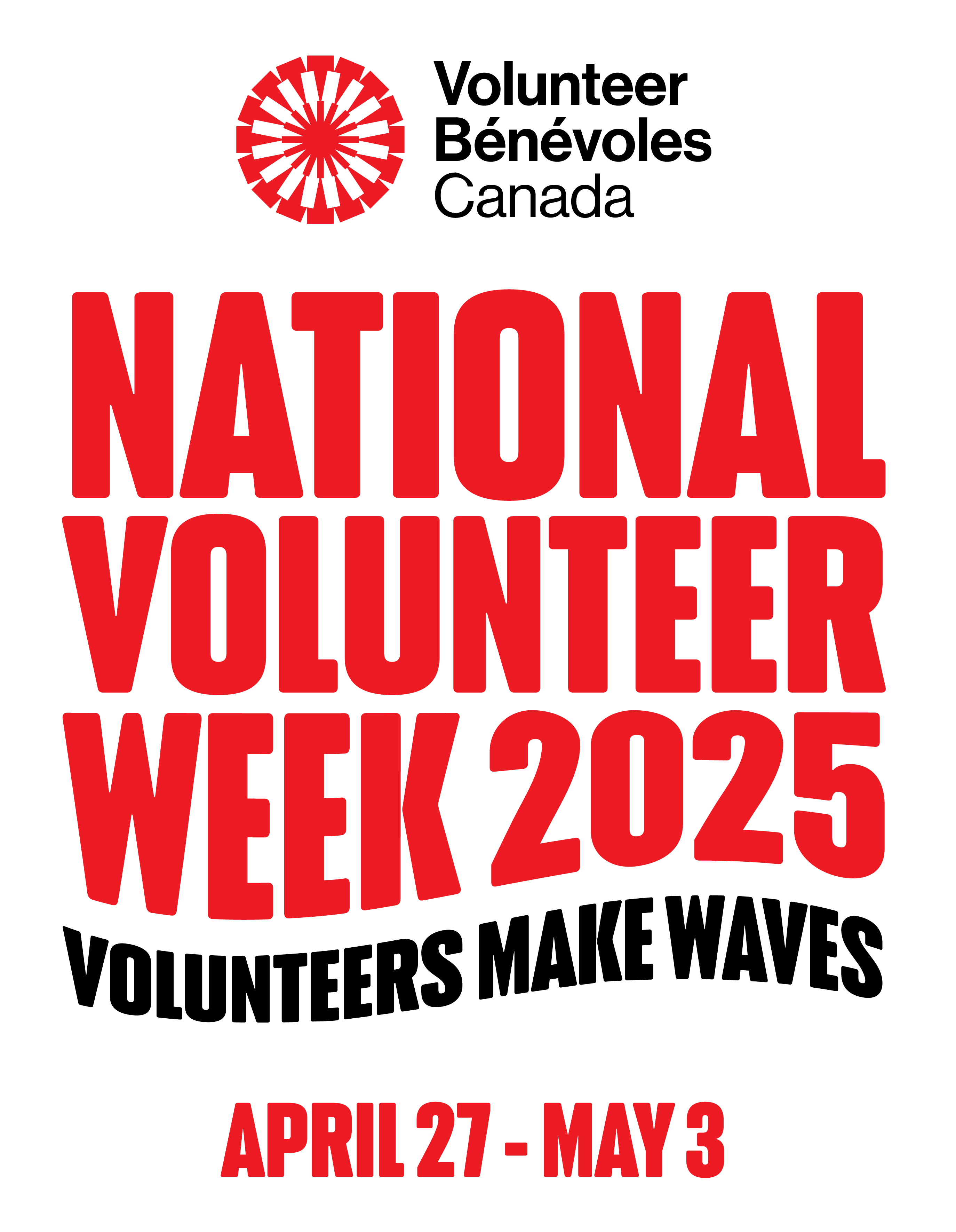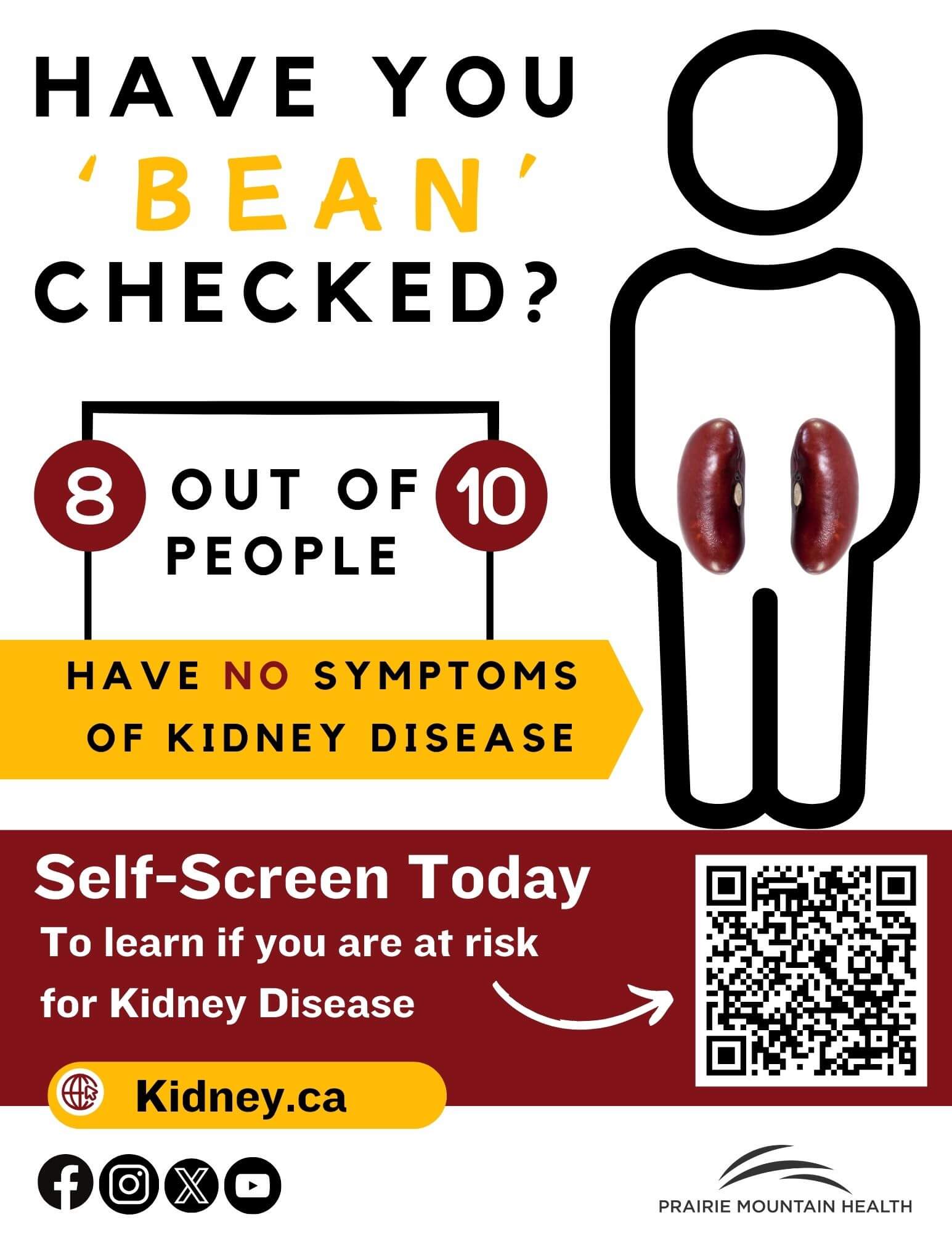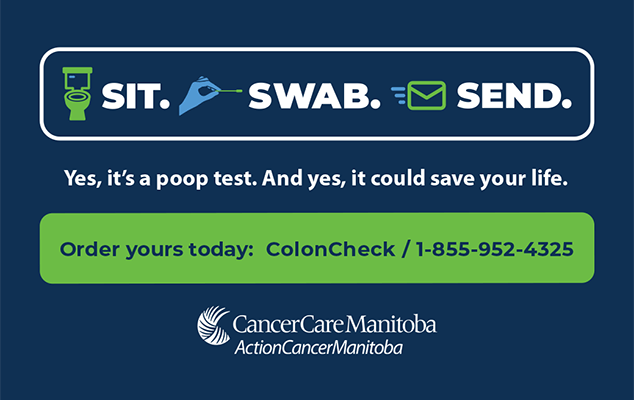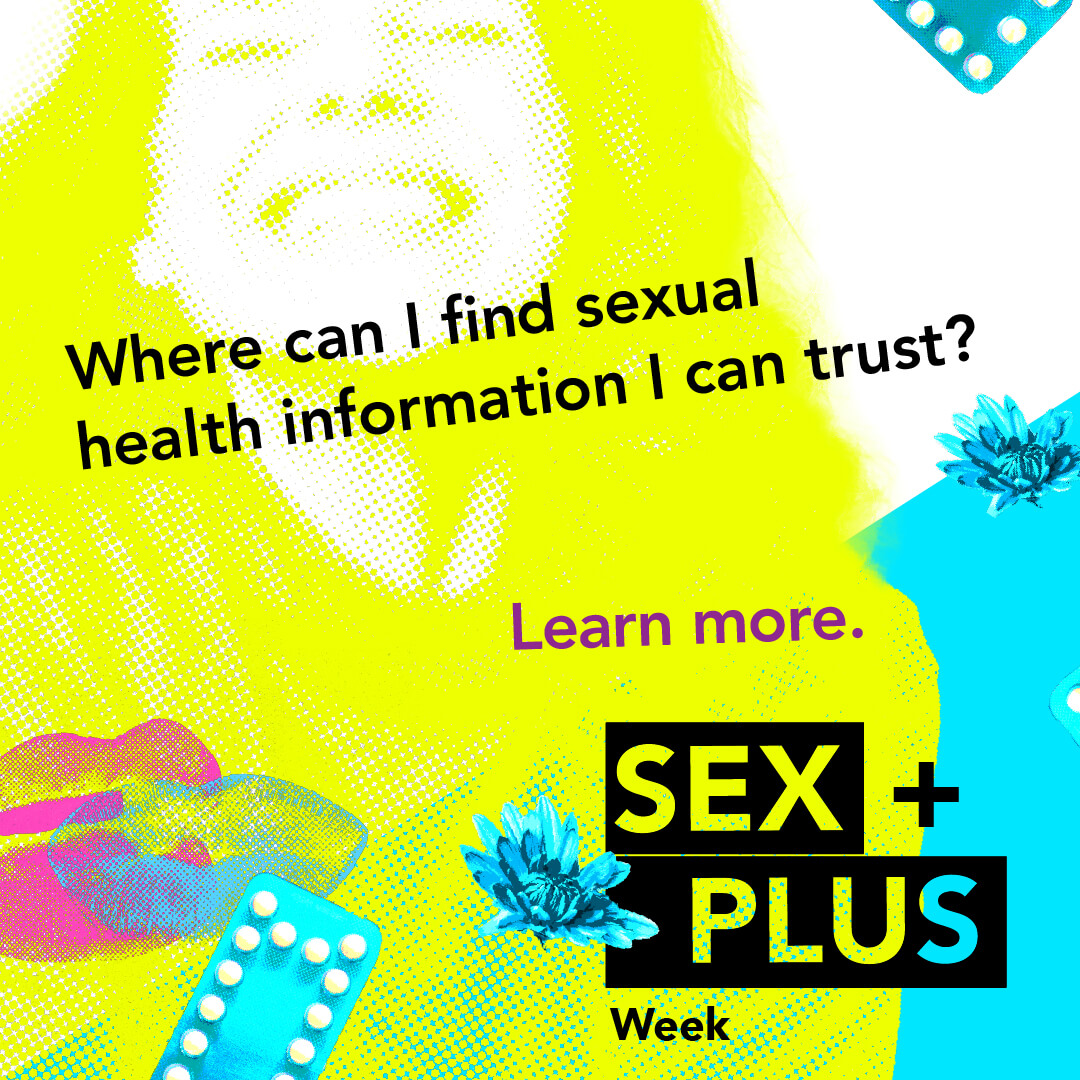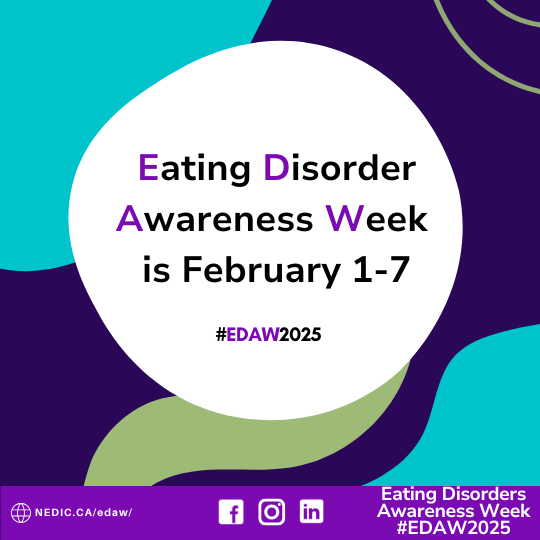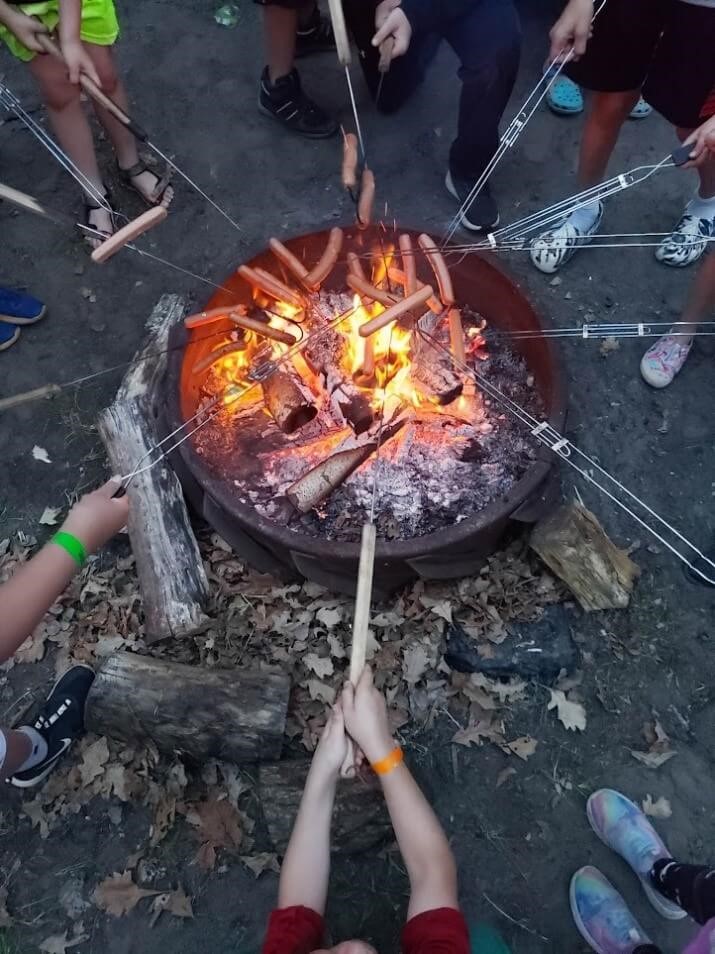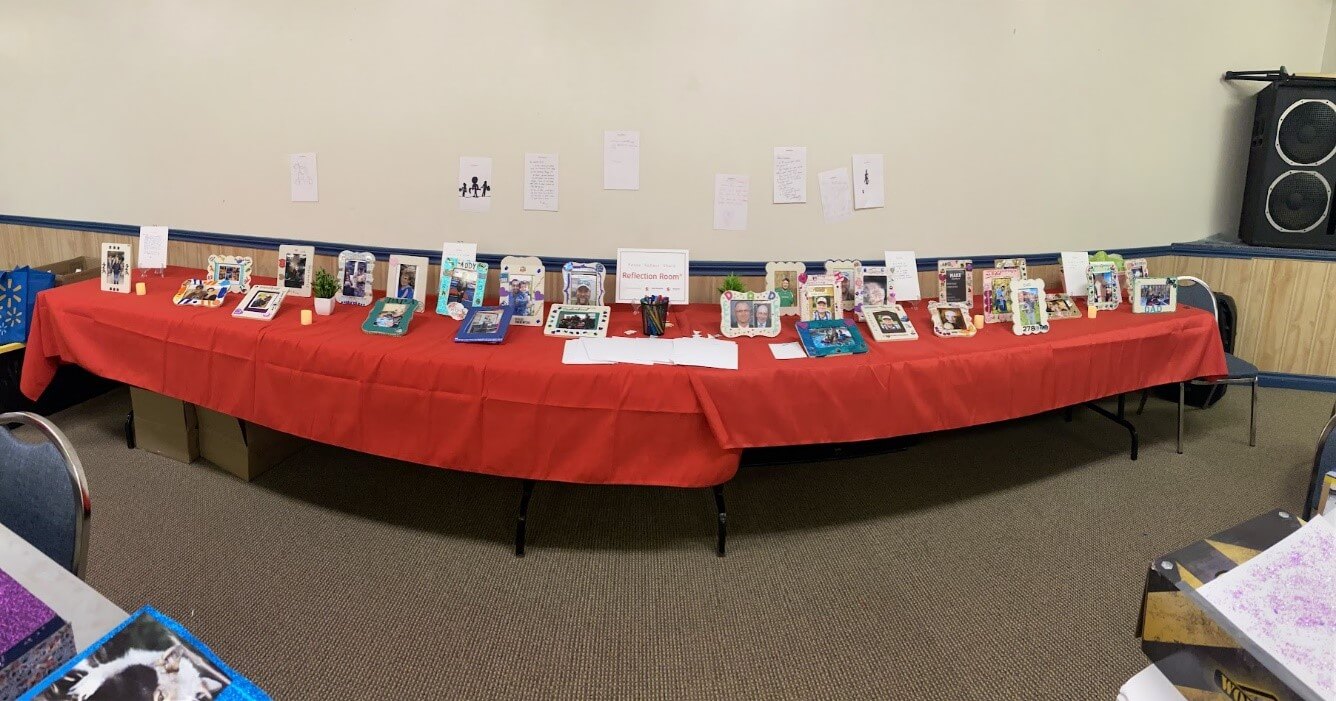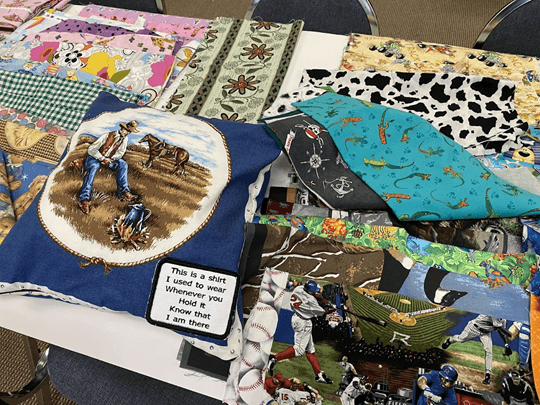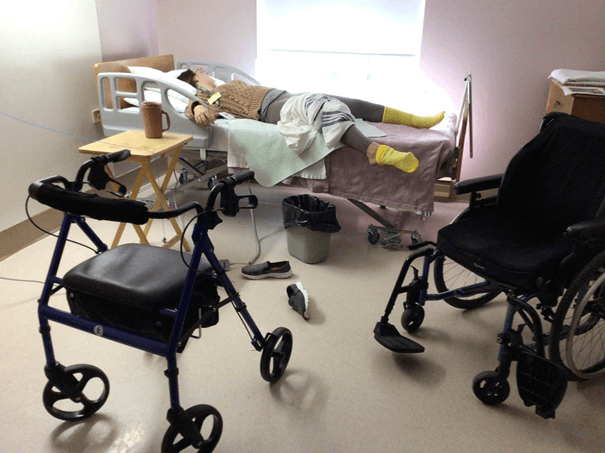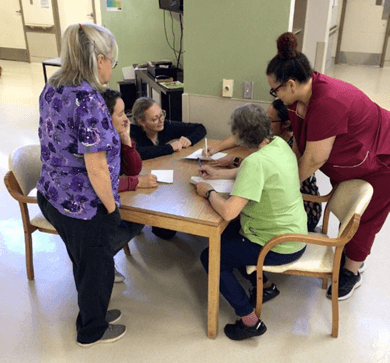National Immunization Awareness Week | April 21-30, 2025
Don’t let history repeat itself. Protect your future. Get immunized.
Measles is one of the most highly contagious diseases characterized by a red, blotchy rash. The measles virus spreads through close personal contact with an infected person and through the air when an infected person coughs or sneezes. The virus can be spread by droplets that can stay in the air for several hours. Infection can result in serious illness or death. Read more.
Not that many decades ago, there was no way to protect yourself from devastating diseases such as polio, tetanus, diphtheria, and meningitis – or wildly contagious infections such as measles. Outcomes were inescapably tragic. Lifelong paralysis. Stillbirth. Neurogenerative disease. Encephalitis. Even death.
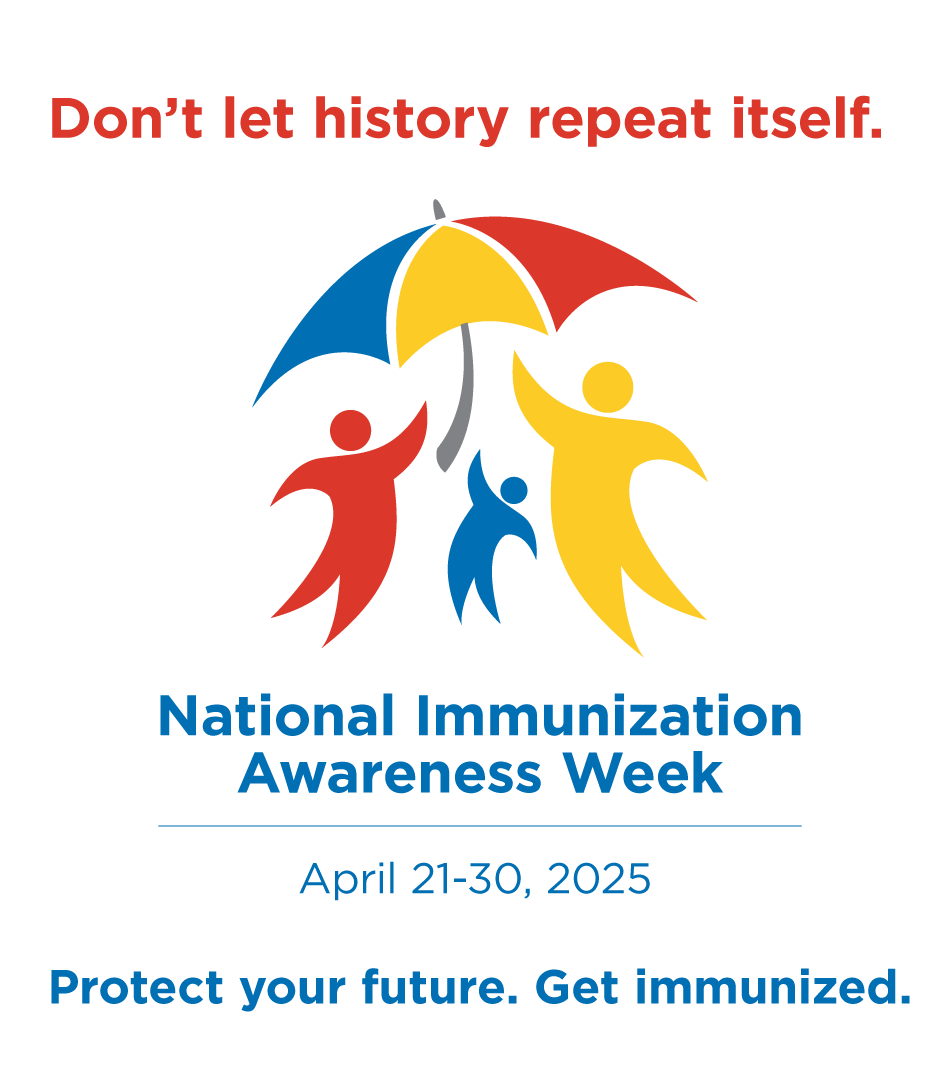
Vaccines changed this landscape. As time progressed, more and more diseases became preventable by vaccination, and health outcomes greatly improved.
We don’t want to turn the clock back to former times.
Immunize Canada champions everyone staying up to date on all recommended vaccinations, so that they can live healthier lives protected against preventable diseases.
Don’t let history repeat itself. Protect your future. Get immunized.
Vaccine recommendations are updated over time as new evidence and findings come forward, and as new vaccines become available. This can sometimes make it difficult for people to know which vaccines they need and which vaccines they are eligible for. Some people might not realize that they need to get caught up on their vaccines. For example, adults and pregnant people may not know that they need to get immunized against certain diseases. Some people may think that vaccines are just for kids – but, in fact, immunizations are needed throughout the lifespan.
Please see the Manitoba Health website for information on Routine Immunization Schedules including:
- Recommended Immunization Schedule for Infants and Pre-School Children
- Recommended School Immunization Schedule
- Recommended Immunization Schedule for Adults
Some vaccines are offered free-of-charge to individuals who are registered with Manitoba Health and for those who are part-way through an immunization series started in another province or territory as part of a publicly-funded program. See the vaccine eligibility criteria for publicly funded vaccines offered in Manitoba.
In Prairie Mountain Health, you can receive immunizations by contacting:
- Your local Public Health Office
- Your local Nurse Practitioner
- Your local medical clinic
- Your local pharmacist
See Immunize Canada for further information on immunizations
Information for National Immunization Awareness Week (NIAW) found on: National Immunization Awareness Week website https://immunize.ca/niaw and Manitoba Health website Immunization (Vaccination) | Health | Province of Manitoba


